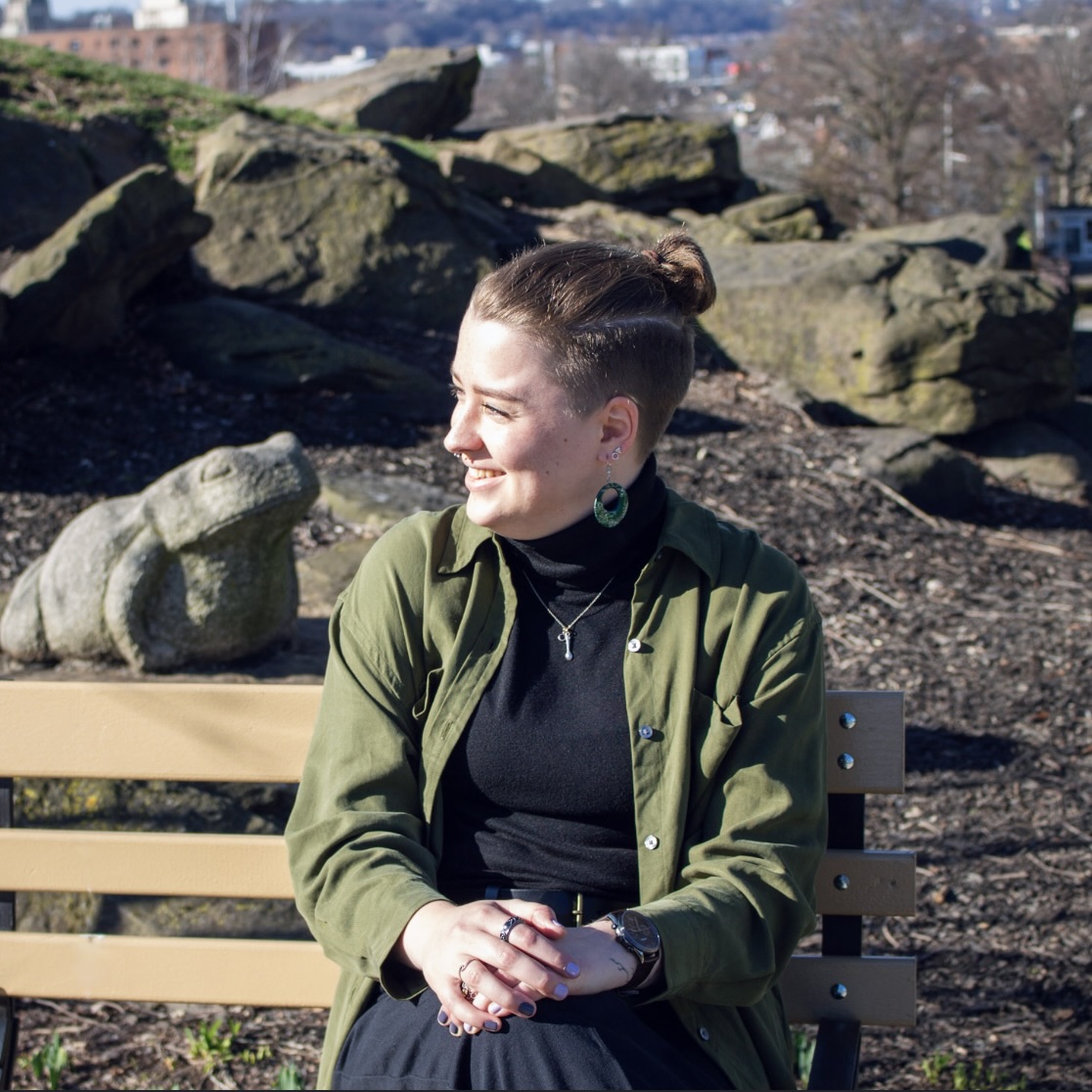
about
I am a University of Pittsburgh graduate, with a B.A. in Digital Narrative and Interactive Design (Online Media track) and a certificate in Disability Studies. Through this education, I gained a hybrid skillset that includes writing, design, coding, and data analysis— which helps immensely with communicating across multidisciplinary team roles.
Currently, I work in design education as a freelance digital designer. Whether the topic at hand is theoretical or technical, I love creating engaging learning experiences through playful instructional design. I mainly create and facilitate workshops and guest lectures for the University of Pittsburgh, and I am also co-director of the DISCO/"Design a Spaceship" inclusive design OER toolkit project alongside Dr. Jessica FitzPatrick. Regardless of the specific project, I bring my focus on accessibility to everything I do.
Since graduating, I have continued my education around freelance projects. I recently passed the International Association of Accessibility Professional (IAAP) exam to become a Certified Professional in Accessibility Core Competencies (CPACC). In addition to the Continuing Education now required to stay certified, I spend my spare time reading my way through a never-ending list of books on disability studies, design, and the intersection of both fields. You’ll find some of my main interests (and perhaps a couple of book recommendations for each one) below.
I’d love to bring my passion for accessibility and playful design to the digital work you need designed. Go to my connect page to get in touch with me.